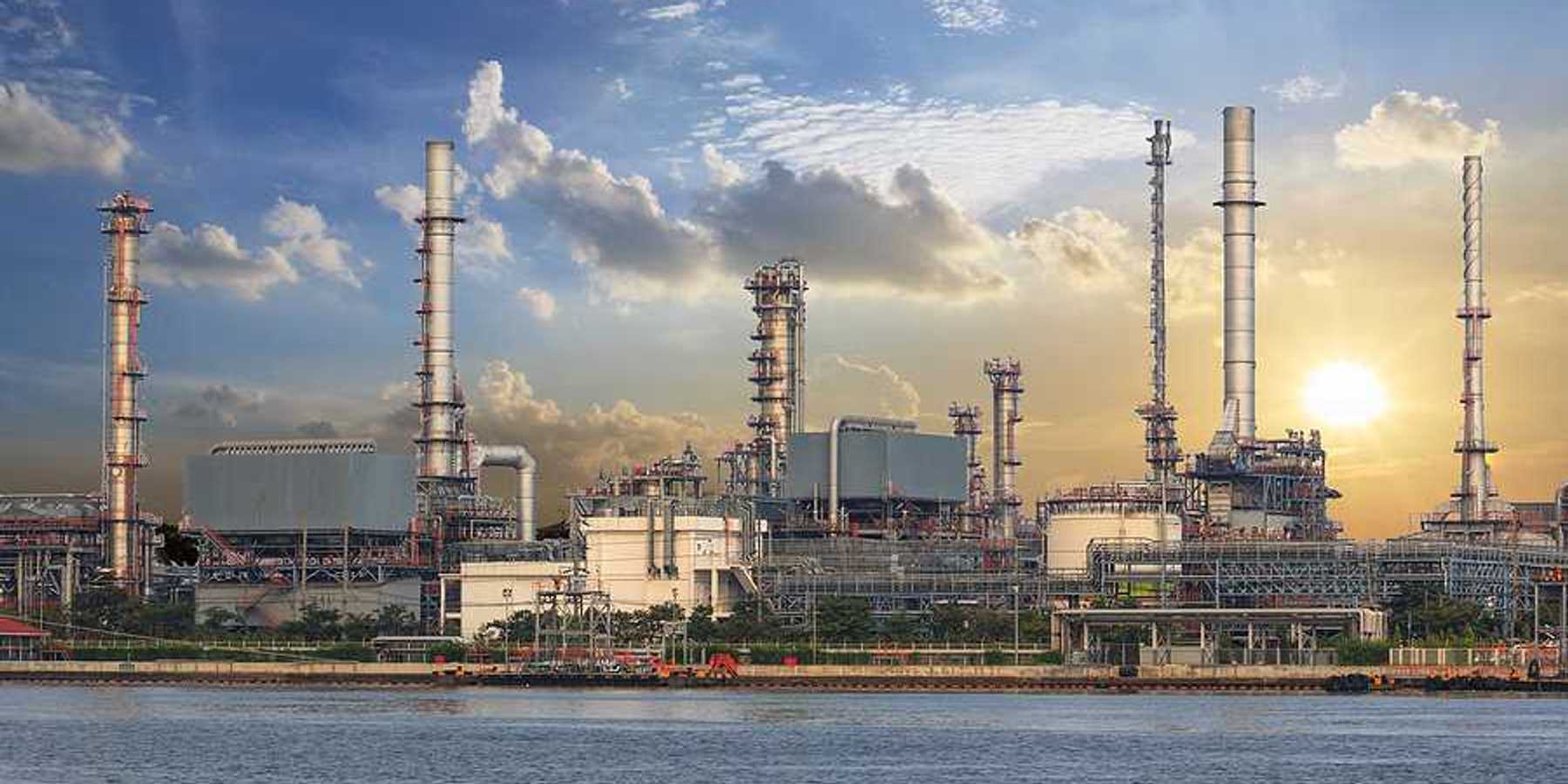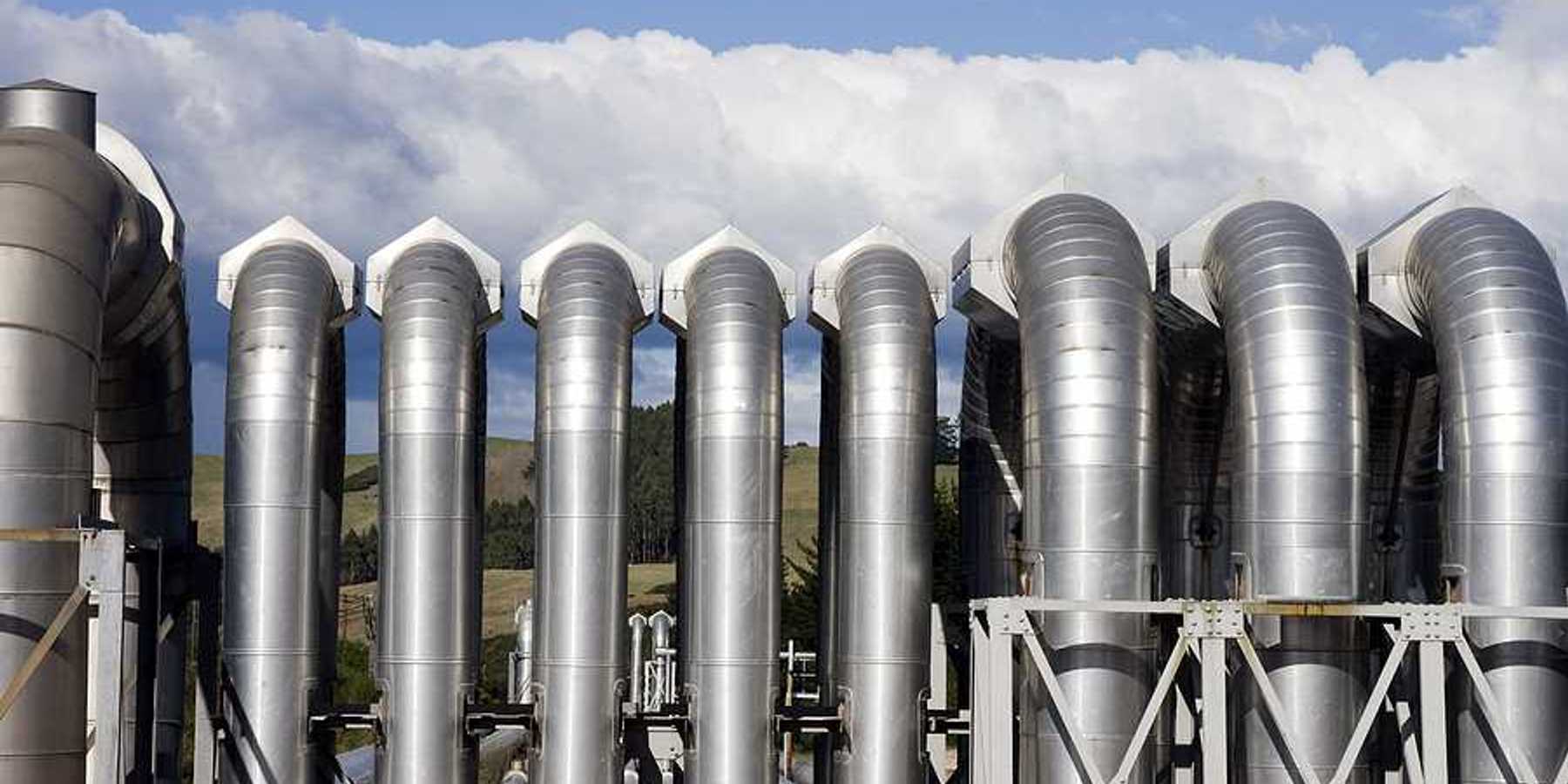24 May 2024
Why have emissions from oil refineries significantly decreased?
Benzene emissions from U.S. oil refineries have dropped due to stringent federal oversight and regulations implemented in 2015.
Maxine Joselow reports for The Washington Post.
In short:
- Federal regulations require refineries to monitor and address benzene emissions, leading to significant decreases.
- The EPA's 2015 rule mandates action if annual average benzene levels exceed 9 micrograms per cubic meter.
- Despite overall progress, refineries along the Gulf Coast continue to struggle with high benzene emissions.
Key quote:
"It's a big improvement, and benzene is especially nasty."
— Eric Schaeffer, executive director of the Environmental Integrity Project
Why this matters:
Benzene is a well-known carcinogen, strongly linked to an increased risk of leukemia and other cancers. Chronic exposure, even at low levels, can lead to significant health issues. By reducing benzene emissions, we can lower the incidence of cancer among populations living near refineries and improve overall community health.













